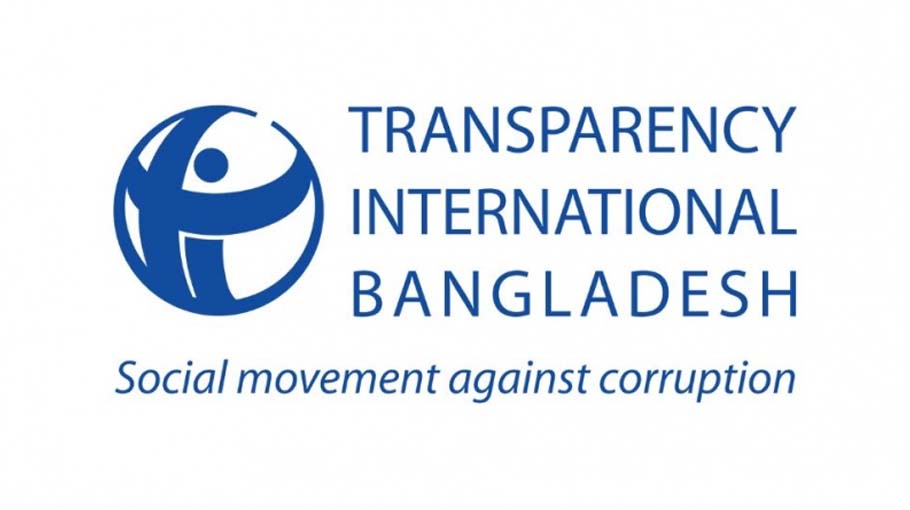TIB for reform of Information Commission, amendment to RTI Act

Transparency International Bangladesh (TIB) has called for a comprehensive overhaul of the Information Commission to save it from partisan influence and amendment to the Right to Information (RTI) Act so that the people can reap the benefit of the right to information.
The anti-corruption watchdog body made the call in a press statement issued on Friday on the occasion of the International Day for Universal Access to Information (IDUAI) 2024.
The TIB in a media statement also made a 13-point recommendation to ensure universal right to information, information accessibility, public participation and transparency.
TIB also laid emphasis on stopping the recurrence of the culture of withholding information like in the past rather than advocating for the usage of right to information as a tool to serve the people.
TIB Executive Director Dr Iftekharuzzaman said that a phenomenal optimism appeared before the nation through the student-people uprising, unprecedented sacrifices and the fall of the authoritarian regime, sparking an exceptional pledge to rebuild a "New Bangladesh".
"Freedom of speech, the right to dissent, and the unrestricted flow of information are integral aspirations of this New Bangladesh," he said, adding that ensuring free flow of information is fundamental to this belief in creating a transparent, accountable and corruption-free Bangladesh. "We must promptly initiate the necessary amendments to the RTI Act and establish a non-partisan Information Commission to end the culture of secrecy and foster greater transparency," said Iftekharuzzaman.
In the recommendations towards bringing amendments to the RTI act, TIB stressed the need for effective implementation of the RTI Act as one of the tools to ensure freedom of speech and the right to dissent.
Moreover, it stood for removing all legal and institutional barriers, especially digital surveillance structures on people created through the black laws, like the Information and Communication Technology Act, Digital Security Act and Cybersecurity Act.
In order to make the Information Commission Bangladesh more effective, TIB suggested a complete streamlining of this organization, including appointing competent and non-partisan free persons as commissioners in a transparent process.
It also recommended ensuring the availability of digital tools to facilitate access to information; amending and repealing existing laws if those contradict the Right to Information Act, 2009; and ensuring the necessary legal protection for access to information in the Right to Information Act.




